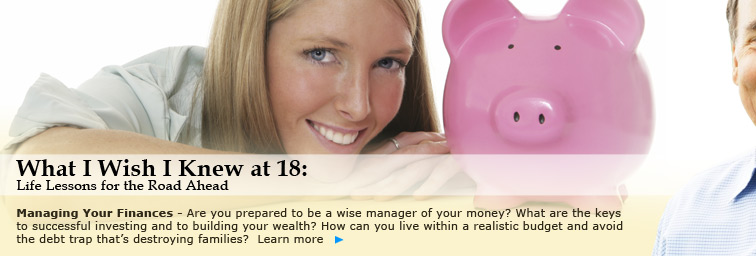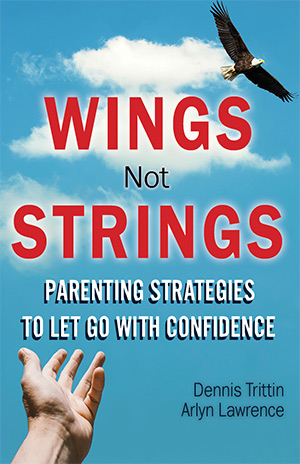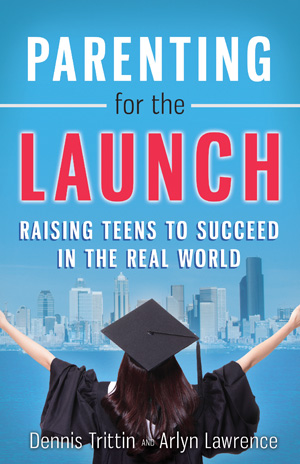Why You Need an Emergency Savings Fund
6/10/2012 4:10:35 PM
Sometimes the unexpected happens. You lose your job. You have to take a pay cut when your employer faces a business downturn. Your car just died. You just got in a wreck and will be out of work for months. Your roof leaked (or, in our case, our septic system backed up!) while you were on a long vacation. What will you do?
Hopefully you’ve planned for emergencies.
According to a 2011 survey by the National Foundation for Credit Counseling, 64% of Americans don’t have enough cash on-hand to handle a $1,000 emergency. This means that if a crisis strikes, big or small, and you DON’T have money put away for emergencies—you could be in for some real stress and heartache.
An “emergency fund” is an account set aside with money earmarked solely for high impact situations that could substantially affect your wellbeing or quality of life. As a rule of thumb, a fund that contains four to six months worth of average monthly expenses (invested in safe, short-term investments) will help serve as a buffer in these unfortunate situations. During periods when the economy is weak and your job may be in jeopardy, it’s sensible to build a six to twelve-month emergency to give you an extra cushion. Establishing an emergency fund should be your first financial priority once you begin your career.
To determine how much you should have in your emergency fund, you should first identify what constitutes six months’ worth of expenses for you. Add up what you spend each month on normal household budget items and multiply by six. Make sure you include what you pay for your mortgage, utilities, loans, insurance, gas, groceries, and other essential expenses, allowing a small amount for incidentals and entertainment, etc.
Then, to avoid being tempted to spend the money you need to use to build your emergency fund, it may be helpful to set up automatic account transfers (or automatic deposits from your paycheck if your employer offers this). You’ll also need to be disciplined and NOT give into the temptation to withdraw from your emergency fund for vacations, high tech toys you think you can’t live without, or for any other non-emergency expenses or indulgences.
Ultimately, what an emergency fund buys you is peace of mind. If something comes up, you won’t have to scramble to come up with the money you need and you won’t have to turn to credit cards or other debt. It’s like an insurance policy that you’ll be glad you have when life throws you a big fat lemon!
How have you created an emergency fund? It’s never to soon or too late to start. Share your ideas, experiences, and questions with our online community; we’d be glad to hear from you. And pass our site along to a friend and suggest they subscribe; they might be thankful for it!
Tagged as: finances, financial literacy, net worth, debt, wealth, life skills, spending, budgeting



















